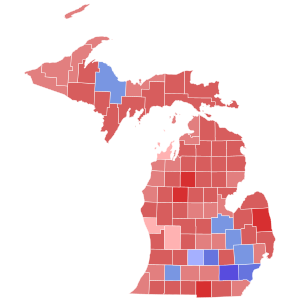Wikipedia:Sandbox
| Welcome to this sandbox page, a space to experiment with editing.
You can either edit the source code ("Edit source" tab above) or use VisualEditor ("Edit" tab above). Click the "Publish changes" button when finished. You can click "Show preview" to see a preview of your edits, or "Show changes" to see what you have changed. Anyone can edit this page and it is automatically cleared regularly (anything you write will not remain indefinitely). Click here to reset the sandbox. You can access your personal sandbox by clicking here, or using the "Sandbox" link in the top right.Creating an account gives you access to a personal sandbox, among other benefits. Do NOT, under any circumstances, place promotional, copyrighted, offensive, or libelous content in sandbox pages. Repeatedly doing so WILL get you blocked from editing. For more info about sandboxes, see Wikipedia:About the sandbox and Help:My sandbox. New to Wikipedia? See the contributing to Wikipedia page or our tutorial. Questions? Try the Teahouse! |
| |||||||||||||||||
| |||||||||||||||||
Rogers: 50–60% 60–70% 70–80% 80–90% >90% Buttigieg: 40–50% 40–50% 50–60% 60–70% 70–80% 80–90% >90% Tie: 40–50% 50% No data | |||||||||||||||||
| |||||||||||||||||
| Elections in Michigan |
|---|
 |
The 2020 United States Senate election in Michigan was held on November 3, 2020, to elect a member of the United States Senate to represent Michigan. It was held concurrently with the 2020 U.S. presidential election, as well as other elections to the United States Senate, elections to the United States House of Representatives and various state and local elections.
This race was one of two-Democratic held U.S. Senate seats up for election in 2020 in a state Donald Trump won in 2016.[1] The primary was held on August 4.[2]
The filing deadline for candidates to run in the primary was April 21[3] but was extended to May 8 due to the COVID-19 pandemic.[4] The election was considered a potential upset pickup by the Republicans due to the state's demographic trends, Donald Trump's upset win in 2016, and Republican candidate John James's outperformance of polling expectations despite losing the state's Senate election in 2018. However, most analysts still believed Gary Peters to be the more likely winner.
Peters won re-election to a second term, though by a much closer margin than expected.[5] James, who outperformed Trump on the same ballot, initially refused to concede,[6] baselessly claiming in a statement published to his campaign website two days after the election that he had been "cheated" out of winning the election. The statement alleged that there were "deep concerns that millions of Michiganders may have been disenfranchised by a dishonest few who cheat.".[7] On November 24, James conceded the race exactly three weeks after election day.[8] With a margin of 1.68%, this election was the second-closest race of the 2020 Senate election cycle, behind only the regularly-scheduled election in Georgia.
- ^ The other was in Alabama, where Republican Tommy Tubberville unseated Doug Jones
- ^ "United States Senate election in Michigan, 2020 (August 4 Democratic primary)". ballotpedia.org. Retrieved January 13, 2020.
- ^ "Filing documents" (PDF). www.michigan.gov. Retrieved July 21, 2020.
- ^ "Webpage update" (PDF). www.michigan.gov. Retrieved July 21, 2020.
- ^ "Michigan Democratic Sen. Gary Peters wins reelection". AP NEWS. November 4, 2020.
- ^ Gary Peters says John James' refusal to concede election '...pathetic' Archived November 6, 2020, at the Wayback Machine Oakland Press
- ^ John James: Every vote must count, and elections must be fair and honest" Archived November 6, 2020, at the Wayback Machine Metro Times
- ^ "John James concedes in Michigan Senate race, congratulates Sen. Gary Peters on reelection". FOX NEWS. November 24, 2020.







